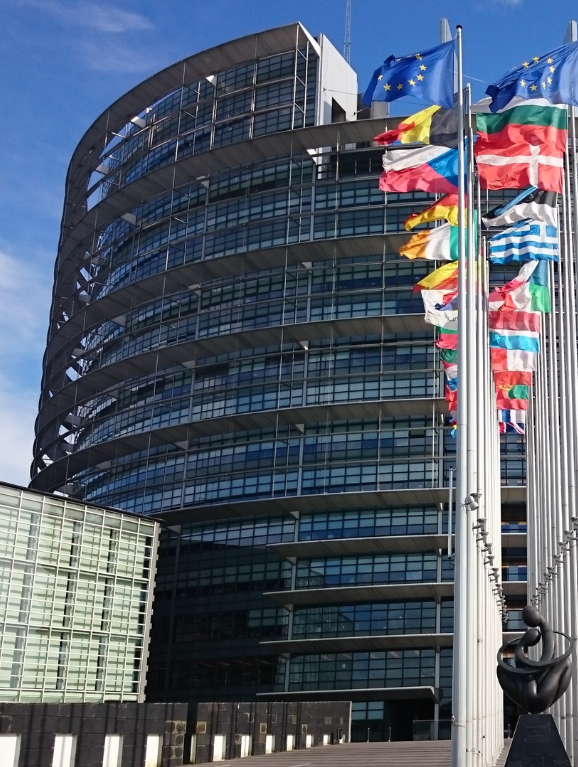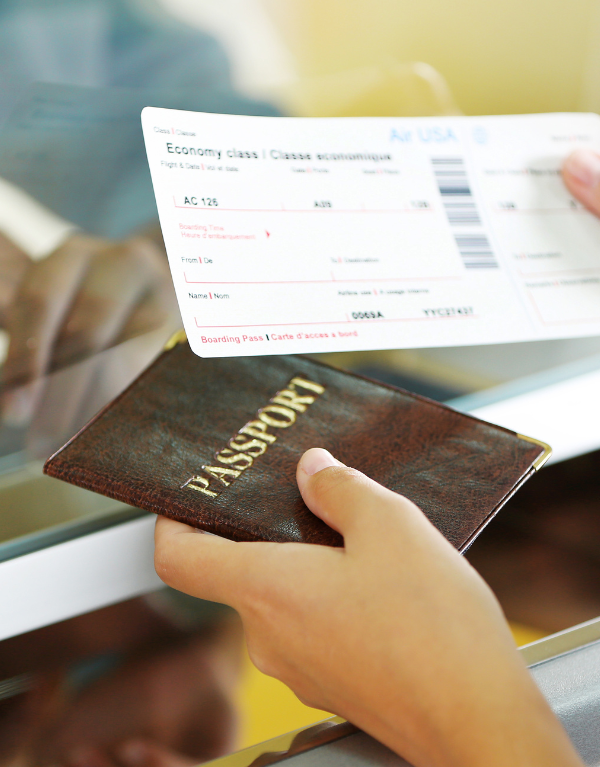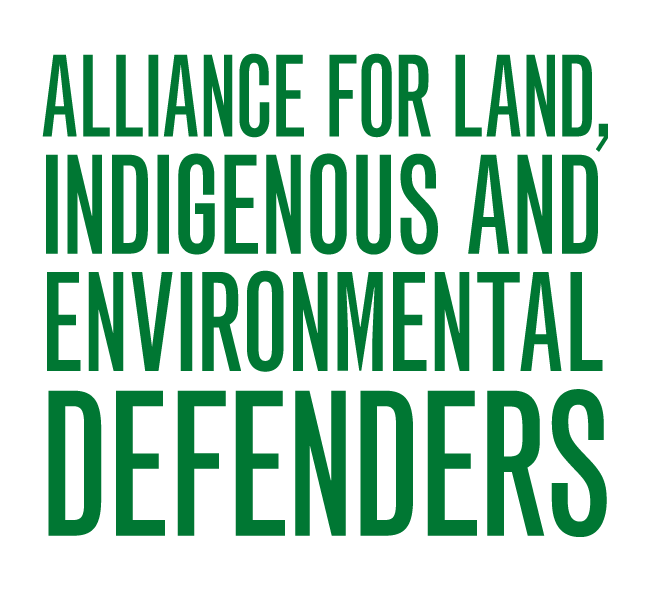how to ask foreign
embassies for help
Guide for Human Rights Defenders:
HOW TO ASK FOREIGN Embassies for Help
ALLIED has prepared this guide to help human rights defenders communicate effectively with the foreign governments that have embassies in your country. Foreign embassies often have direct access to senior government officials, business elites, police and military leaders, and other influential people who might have the power to stop attacks from happening or who might themselves be involved in the attacks. As a result, embassies can play an important role in preventing or stopping violence against you and other defenders.
Read the guide in:
Examples of Embassies’ Human Rights
Defenders Policies
Last updated: January 2025
Before you meet with an embassy, we recommend reading that government’s human rights defender policy,
if it has one. This policy should give you an idea of the types of support that the embassy might provide.
During your meeting, you should refer to this policy when you request help from the embassy.
canada
- Emergency visas when Defenders need to leave their home countries
Norway
- Norway Guidelines for Support to Human Rights Defenders
switzerland
- Swiss Guidelines for Human Rights Defenders
UNITED KINGDOM
- UK Support for Human Rights Defenders
Government-funded programs that provide emergency support for Human Rights Defenders
Last updated: January 2025
Some governments have worked with civil society organizations to create programs to provide human rights defenders with emergency support. Embassies will often recommend that you contact these organizations for help.
EU Human Rights Defenders Protection Mechanisms
ProtectDefenders.eu, the European Union Human Rights Defenders mechanism, was established to protect defenders at high risk and support their work in the most difficult situations worldwide. It is led by a consortium of 12 nongovernmental organizations active in the field of human rights and is funded primarily through the European Instrument for Democracy and Human Rights.
Human rights defenders can request emergency support grants and other assistance using ProtectDefenders.eu’s secure online Urgent Helpdesk, which is available in Arabic, English, French, Russian, and Spanish.

Types of support include:
Emergency support – urgent protection measures, such as medical, legal, psychosocial, or family support; digital, physical, or office protection; and urgent relocation.
Temporary relocation – support to host entities that help human rights defenders and their families to relocate.
Field monitoring and advocacy – monitoring of defenders’ cases and advocacy on their behalf.
Support for local organizations and groups – small grants aimed at developing innovative projects or consolidating capacities.
Shelter initiatives – creation and reinforcement of shelters for regional or in-country temporary relocation of human rights defenders and their families, including in coordination with the European Union Temporary Relocation Platform (EUTRP)
Training, capacity development and accompaniment – development of skills and capacity to help human rights defenders pursue their work more safely
In 2011, the U.S. Government launched the Lifeline Fund for Embattled Civil Society Organizations (CSOs) as a concrete way to support civil society organizations that face threats for engaging in human rights work. The fund is now supported by 19 other governments and two international foundations and is administered by a consortium of seven international NGOs. These governments include Australia, Benin, Canada, Chile, Costa Rica, Czech Republic, Denmark, Estonia, Finland, Latvia, Lithuania, Luxembourg, Mongolia, Netherlands, Norway, Poland, Sweden, United Kingdom, United States, and Uruguay.
Lifeline provides rapid response assistance grants to civil society organizations facing threats due to their human rights work, as well as short-term grants for advocacy and resiliency projects that defend freedom of association and assembly rights. To date, Lifeline’s partners have provided emergency assistance and rapid response grants to more than 4000 civil society organizations in 126 countries. Embassies that support Lifeline can advance requests on behalf of civil society organizations to the fund, and often engage with Lifeline grantees as part of their advocacy efforts.
Information about Lifeline is available in Arabic, English, French, Russian, and Spanish.
In addition to government-supported emergency funds, international civil society organizations also operate numerous non-governmental emergency funds. To learn more, please visit ALLIED’s website or contact ALLIED at coordinator@allied-global.org.
Emergency visas when Defenders need
to leave their home countries
Last updated: January 2025
Human rights defenders often ask embassies for a visa to leave their home country, temporarily or permanently, for a safer location. The visa process can be very complicated and differs from country to country. Many embassies have strict internal procedures that limit influence on visa decisions to avoid corruption. However, their governments may have websites providing guidance on visa application best practices and “frequently asked questions” to guide you through the process. Each country’s immigration policies can also change, depending on which government leader is in power. If you are successful in securing a visa and decide to relocate to a new country, it can be challenging for you and securing a visa and decide to relocate to a new country, it can be challenging for you and your family to find meaningful work and support networks. For these reasons, we recommend that you ask a trusted civil society organization to help you navigate the process.
Below are some resources to help you understand what options might be available:

Neighboring countries
In many cases, the best way to leave your country quickly is to relocate temporarily to a neighboring country or other nearby country where you can travel without a visa.
Some embassies and civil society organizations will provide financial assistance to help you with a temporary relocation to a neighboring country. Once you are safely in that country, if you need to remain away from your home for longer, you can reach out to different foreign embassies based there to request a visa.

European Union
In the European Union, visas are provided by EU Member States. Human rights defenders need to request visas from EU Member States embassies/consular authorities.
The EU recently revised its Visa Code Handbook to enhance visa delivery for human rights defenders. The handbook provides guidance to Member States on the specific risks faced by defenders and identifies specific measures that consular authorities and border official can adopt. A summary of these provisions is available on the website of Protect Defenders.eu.

Canada
The Canadian government has a dedicated refugee program that allows up to 250 human rights defenders (and their families) to resettle in Canada each year. To be eligible for this program, defenders must receive a referral as described on this webpage.

United Kingdom
The United Kingdom has an application process through which you can request to extend your stay in the country based on human rights claims.

Germany
The German government hosts a temporary relocation program for human rights defenders through the Elisabeth-Selbert-Initiative.

United States
In limited cases, you might be able to obtain a visa to relocate to the United States. The U.S. government does not have a visa process designed specifically for human rights defenders. Universities and other academic institutions sometimes host human rights defenders for temporary relocations to the United States, while some human rights defenders can obtain asylum in the United States. We recommend that you hire a lawyer to help navigate this process. The U.S. State Department’s website provides an overview of the visa process and a summary of the types of visas available for entry into the United States.
